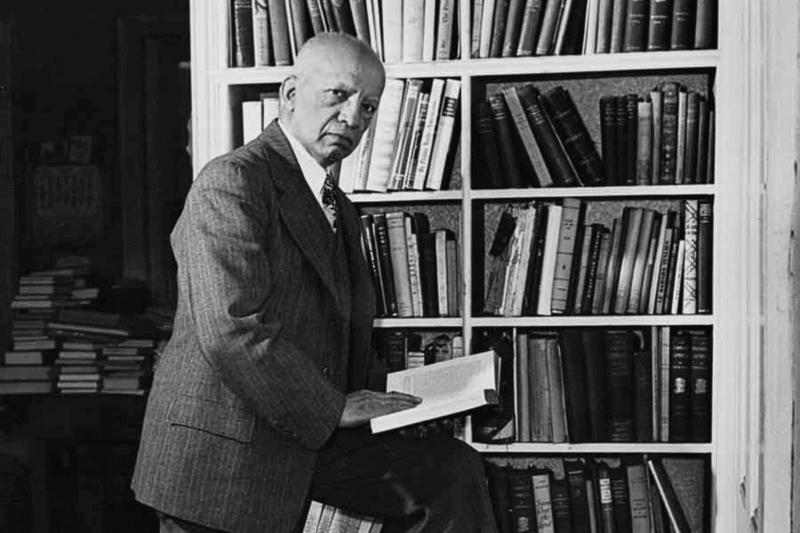Navigating the healthcare landscape remains a critical priority for millions of American families in 2026…
Most people are under the unfortunate misconception that if someone needs nursing home care and has assets that it is too late to save anything. This is generally WRONG!
As many are aware, Medicaid has a five year look back. So, if you need nursing home care (the five year look back does not apply for Medicaid home care – but that is for another blog!), Medicaid will look back over the last five years of your financial statements to see if you have given any money away. The general rule is that assets given away within the last five years creates a Medicaid penalty, or waiting period, when the person is not eligible for Medicaid. There are a handful of exceptions to that rule, but what if you do not fit into one of them?
Fear not – all is not lost! There is a planning technique that can be utilized in a crisis where we can save approximately half of a person’s assets even if they have not implemented any prior planning. This planning technique, sometimes referred to as “Reverse Rule of Halves” (although it is not a “rule”), can be used to save a portion of someone’s assets who might otherwise completely spend down their life savings on their nursing home care.
The person who is applying for Medicaid would gift a portion of their assets (typically to a family member such as a child) and the remaining portion would be loaned.
The gift would create a Medicaid transfer penalty which is based upon the amount of the gift. This means that Medicaid will not pay the nursing home during the penalty period. Certain additional steps need to be taken to trigger the running of the penalty, such as the filing of a Medicaid application and the Applicant must be otherwise eligible but for the transfers.
The loan would be structured in a way that the repayment terms would cover the nursing home costs during the penalty period (technically not the entire amount) and would be timed to end at the same time as the penalty period ends. At that point the person should be eligible for Medicaid and the money that was gifted would be protected for the family.
Of course it is strongly recommended that you do not rely a crisis plan and that asset protection planning be done in advance. But for those who did not plan in advance, at least a portion of assets can be protected.
This is a complicated and complex process and should not be undertaken without the help of an experienced elder law attorney – and if implemented properly can save a portion of your hard earned money for your loved ones.




Comments (0)